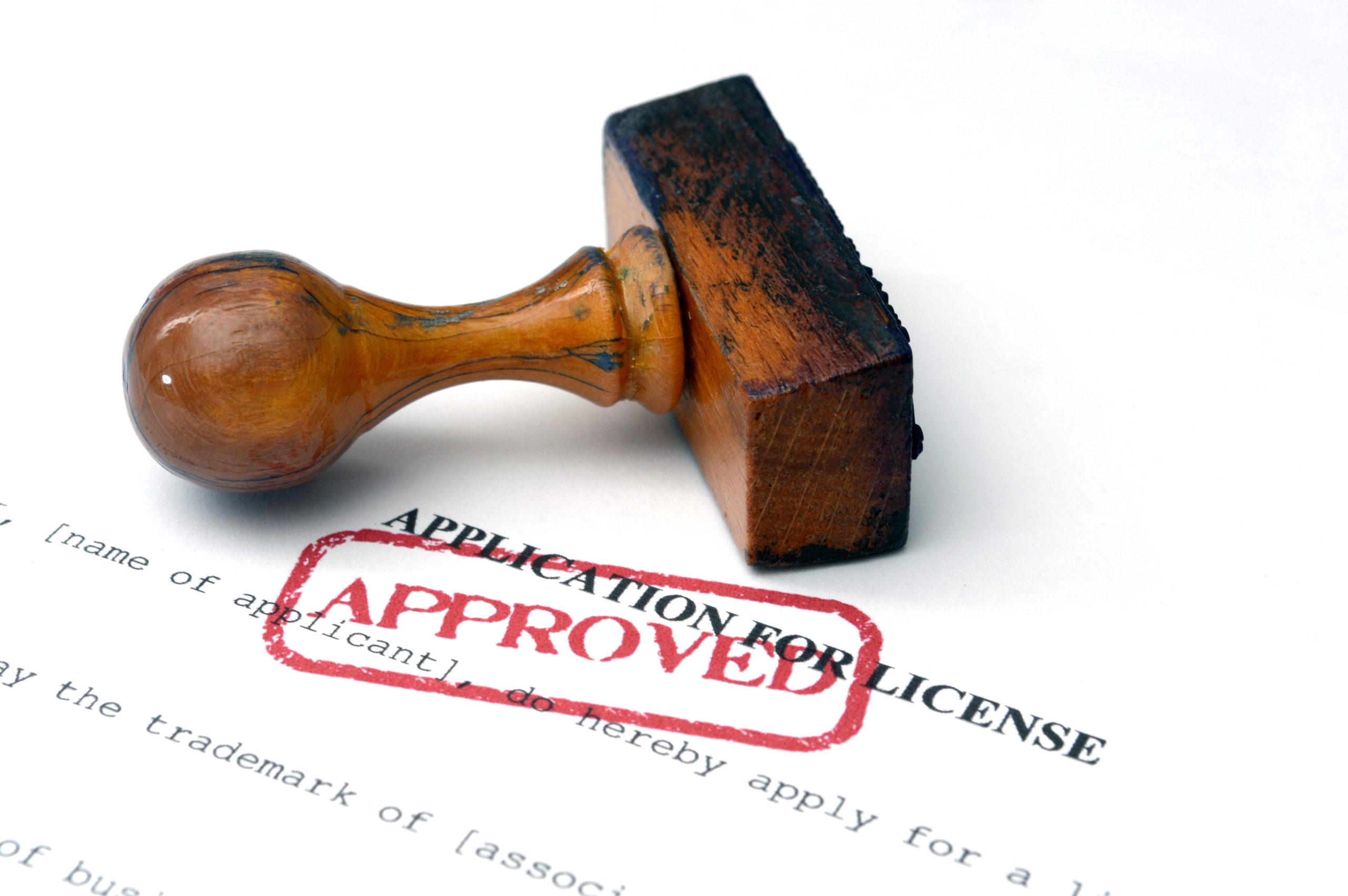
Starting a power washing business isn’t just about buying equipment and printing flyers—you also need to make sure your operation is 100% legal from day one. That means getting the right licenses, permits, and registrations in place. 📜🧽
Skipping this step could lead to fines, shutdowns, or being blocked from bidding on jobs. But don’t worry—getting licensed is easier than it sounds once you know what to look for.
This article breaks down everything a new power washer needs to know about local licensing and registration, step by step. 🏛️✅
🏁 Why Licensing Is a Big Deal
Licensing isn’t just about avoiding legal trouble—it also:
- Makes your business look professional
- Helps you qualify for insurance
- Allows you to open a business bank account
- Enables you to collect sales tax (if required)
- Builds trust with customers who check credentials
In some areas, unlicensed contractors can be fined thousands of dollars or barred from doing work altogether. Not worth the risk. 🚫💸
🧭 Step 1: Choose Your Business Structure
Before you apply for any licenses, decide on a legal structure. Most new power washers pick one of the following:
- Sole Proprietorship – Simple and cheap, but no personal liability protection
- LLC (Limited Liability Company) – Offers legal protection, good for branding
- Partnership or Corporation – More complex, usually for larger operations
🔍 Pro Tip: An LLC is often the best choice for solo operators—it protects your personal assets and is easy to maintain.
Once chosen, register it with your state’s Secretary of State office. This is often done online and costs $50–$200 depending on your state. 💻📄
🏷️ Step 2: Register a Business Name (DBA)
If your business name is different from your legal name or LLC name, you’ll need a DBA (Doing Business As).
Example:
- Legal Name: Mike Thomas
- DBA: “Thomas Power Washing”
This registration ensures customers can legally write checks or make payments to your business name. ✅
Usually filed with your county clerk’s office or state business division.
🧾 Step 3: Get an EIN (Employer Identification Number)
Even if you don’t have employees yet, an EIN from the IRS is essential for:
- Opening a business bank account
- Filing taxes
- Hiring in the future
- Appearing legitimate
📍 You can get one for free at irs.gov
🧠 Don’t use your SSN for business purposes if you can avoid it.
🛡️ Step 4: Check for Local Business Licenses
Now comes the tricky part: local requirements. Every city, county, and state has its own rules.
Here’s what to look for:
- City or County Business License – Required in most municipalities to operate legally
- Zoning Approval – If you’re running the business from home, confirm it’s allowed
- Occupational License – Some states require a special license for pressure washers or contractors
- Environmental Permits – If you’re discharging water or chemicals, some cities require EPA compliance documentation
📞 Call your city hall or county clerk’s office and ask:
“What licenses or permits are required to operate a pressure washing business in [City/County Name]?”
💬 Be specific. The word “pressure washing” may fall under general contractor, janitorial, or exterior services depending on local codes.
💧 Environmental and Wastewater Permits
Many municipalities require power washing businesses to follow clean water discharge laws. You may need:
- A wastewater discharge permit
- A written water reclamation plan
- Proof that runoff won’t enter storm drains
🌍 Why? Dirty runoff can contain oil, paint, mold, bleach, and more. The EPA and local water boards are cracking down.
🚫 Do NOT assume this doesn’t apply just because you’re small or mobile.
🛒 Step 5: Sales Tax Registration (if applicable)
In some states, pressure washing is considered a taxable service. This means you’ll need to:
- Register for a sales tax ID
- Collect sales tax from customers
- File regular reports with your state
Check with your state Department of Revenue to see if this applies to you.
🧠 Even if you don’t need to collect tax now, it’s good to be prepared in case your services or state rules change later.
🏦 Step 6: Open a Business Bank Account
Once your paperwork is in place (LLC, EIN, business license), open a dedicated business checking account.
Benefits:
- Keeps personal and business finances separate
- Helps during tax season
- Required by most payment processors (like Square, Stripe, etc.)
🚀 Bonus Tip: Get a business debit or credit card to build credit and simplify expenses.
🔍 Real Example: Licensing in North Carolina
Let’s say you’re launching in Raleigh, NC. You’d need to:
- Register your LLC with the NC Secretary of State
- Apply for a local privilege license from the city
- Comply with North Carolina sales tax laws
- Follow state water discharge guidelines through the NC Department of Environmental Quality
Each state is unique—never copy another business’s process blindly.
⚠️ Licensing Mistakes to Avoid
- ❌ Ignoring city or county rules just because your state doesn’t require a license
- ❌ Not renewing your license annually (many expire after 12 months)
- ❌ Failing to register your DBA, causing bank or tax issues
- ❌ Starting work without verifying environmental compliance
A few hours of research now can save you months of headaches later.
🧼 Final Thoughts
Getting licensed might not be the most glamorous part of starting your power washing business—but it’s one of the most important. Proper licensing helps you stay legal, build trust, and unlock bigger jobs down the line.
✅ Check with your city, county, and state
✅ Register your business structure and name
✅ Get insured and tax-compliant
✅ Document everything for future growth
The road to success starts with a solid legal foundation. Get it done once—and do it right. 🧽📜✅
Browse Amazon Here For Top Rated Power Washers And Accessories






